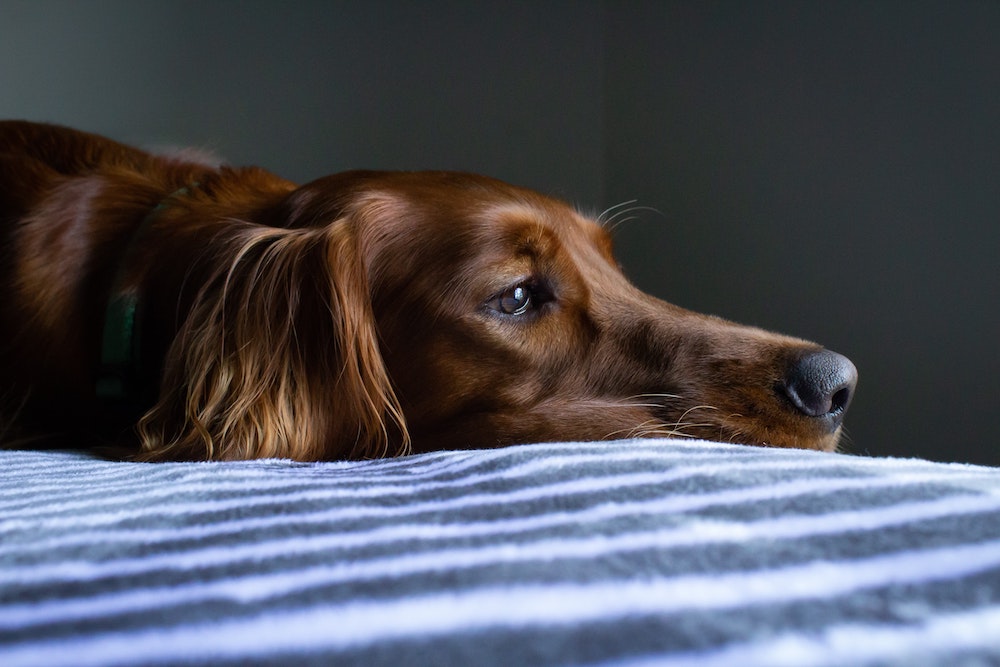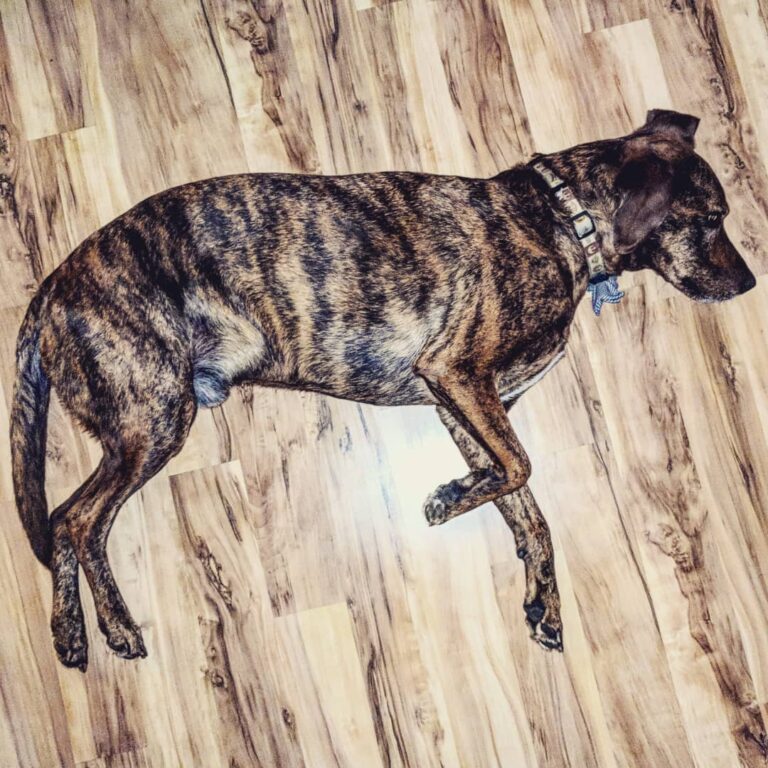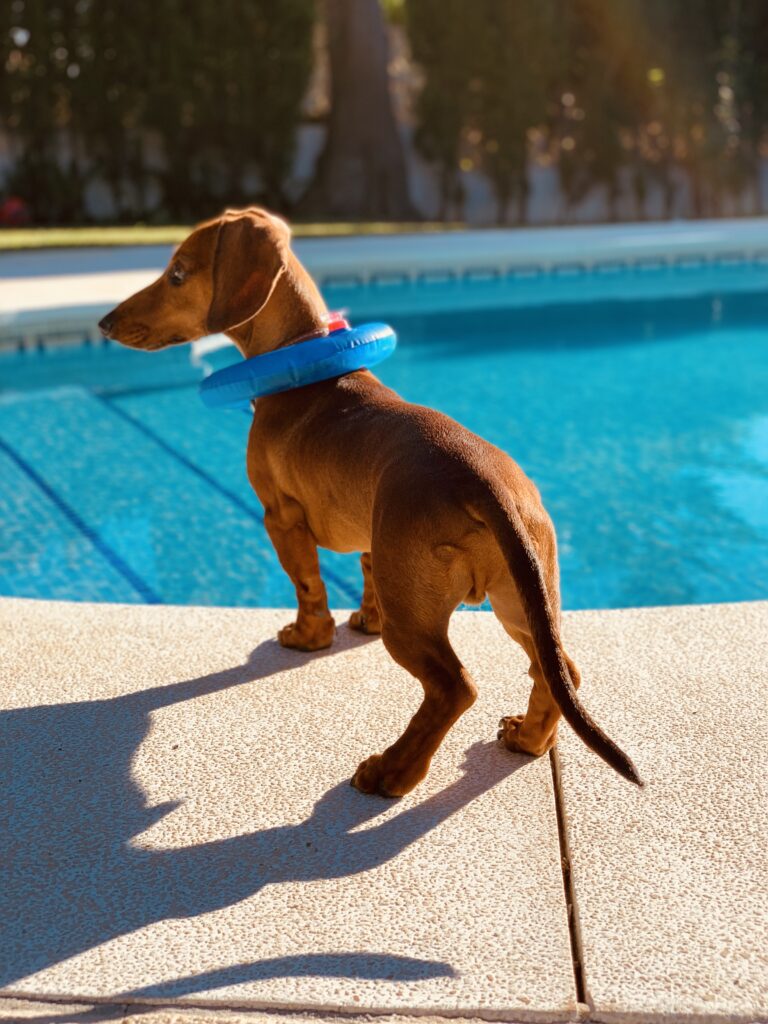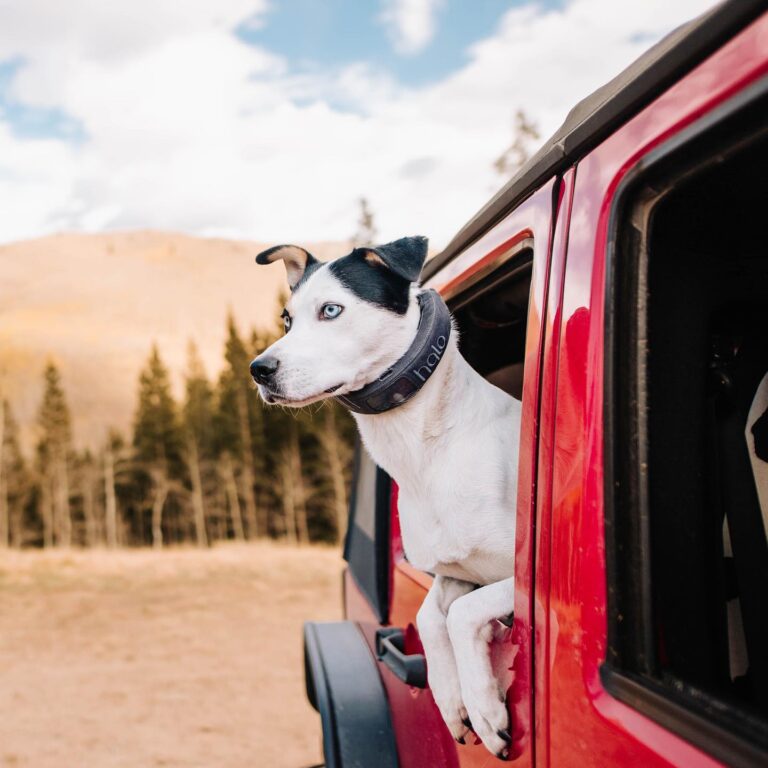How To Relieve Constipation In Dogs
Like with humans, sometimes your dog may be unable to pass stool normally and this condition is quite common. Sometimes, dogs experience constipation without their owners noticing because the condition can come with less subtle signs.

Here are a few simple things you can do to help your dog feel better when you notice this health problem:
8 things to do when your dog is constipated
1. Increase Hydration
Giving the constipated dog access to clean water would help it stay hydrated. Slowly make it drink plenty of water, but if it’s reluctant, you may need to take the pet to the vet.
2. Increase Its Activity
Your pet will benefit from exercising, especially when it’s experiencing constipation. Go on a long walk with your pet to ease its bowel movement.
When your dog is feeling constipated, it’s not the right time to wrap it up in a cozy cage. Have it run around and play fetch, as these activities stimulate a healthy digestive system.
3. Supplements
Dietary fiber supplements increase the fiber in your dog’s body, promoting healthy bowel movements. There are many products to choose from, so your vet can help you pick the best for your dog.
Honest Paws probiotics for dogs can be used to promote your dog’s digestion and immune health by adding healthy bacteria to the gut.
Electrolyte supplements, when used in guided amounts, may also be helpful.
4. Foods and Herbs
Foods rich in fiber, like wheat bran, can be helpful as fiber supplements. Ginger and olive oil also tend to be good treatments for treating constipation in both dogs and humans.
If you’re feeding your pet human foods that help with the problem, do this in moderation and follow your vet’s recommendations.
Another natural food stuff that is sometimes used to ease constipation, is olive oil. You can read more about using olive oil for dogs’ constipation to find out how it works and the right way to use the treatment.
5. Pumpkin Treat
If pumpkin treats are your dog’s favorite, this is an excellent time to feed your pet some of them. There are lots of recipes that dogs love which also surprisingly work for alleviating constipation and even diarrhea.
Your dog would probably not notice it’s a medicine and happily lick its plate clean. Pumpkin treats are rich in fiber and moisture, making them ideal for stimulating a healthy digestive tract.
6. Canned Dog Food
Canned dog foods are often recommended for dogs dealing with constipation because of their high moisture content.
This means if you’re getting this type of food as a solution to the condition, prioritize softer foods, as these make the dog’s stool soft.
If your dog isn’t accustomed to canned food, it’s probably a good idea to mix it with its regular food to help prevent stomach troubles.
7. Laxatives
Laxatives or stool softeners can effectively relieve constipation when recommended by a vet. You should never give your dog human laxatives or use the medication for a longer duration than prescribed.
8. Enema
This is an injection or fluid administered to dogs as a treatment for constipation. The procedure should be suggested and recommended by a veterinarian.
Can You Relieve Constipation In Dogs At Home?
Yes, you can try out most of the remedies listed above at home. But you should always get a go-ahead from your vet first, especially those requiring a diet change.
After administering the treatment at home, monitor the dog’s bowel movement daily for signs of a positive change.
If the condition hasn’t improved after about two full days of increased water intake, more exercise, and a softer diet, it may be time to book your next vet appointment. With your animal doctor’s help, determining the cause of the problem should be easier.
Physical examinations, blood tests, and ultrasounds are some routes veterinarians take to determine the cause of constipation in dogs.
How Dangerous is Untreated Constipation in Dogs?
Overlooking the signs of constipation in your dog can cause it to develop into bigger health problems like obstipation.
Obstipation occurs when there is an excessive stool, now compacted, that your dog cannot pass at all.
Not only would this be more complicated to treat, but it could also involve many procedures that will end up costing you more. So, taking every sign of constipation seriously cannot be overemphasized.
Conclusion
Signs like your dog circling a lot or squatting are obvious indications, but other symptoms may be less noticeable. So you need to monitor your pet’s stool frequently to detect abnormalities. Take the dog to the vet if it appears to be responding too slowly to home treatment.






